 |
 |
 |
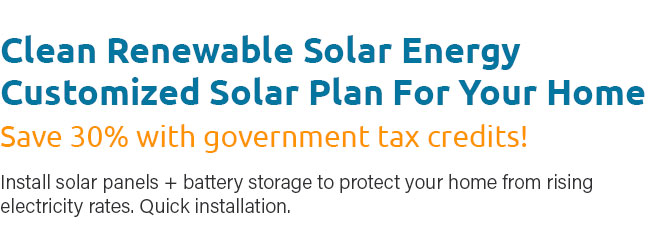 |
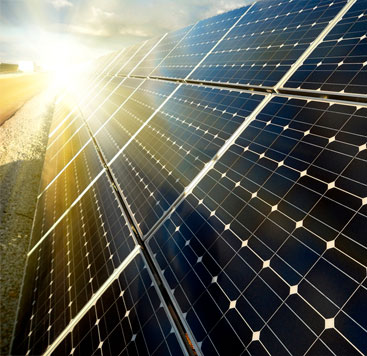 |
 |
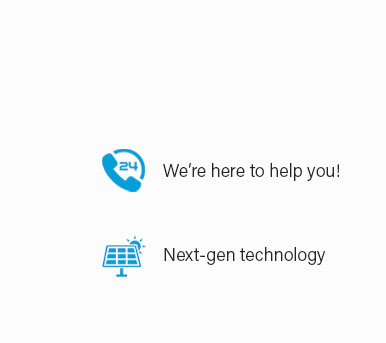 |
 |
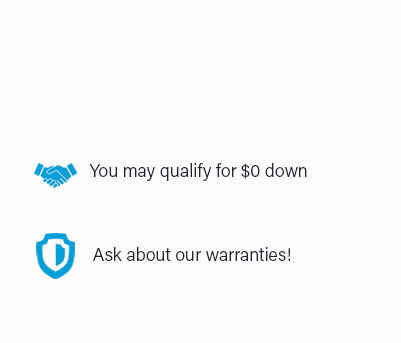 |
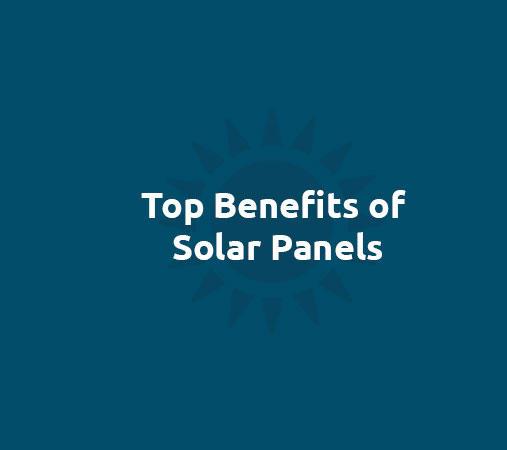 |
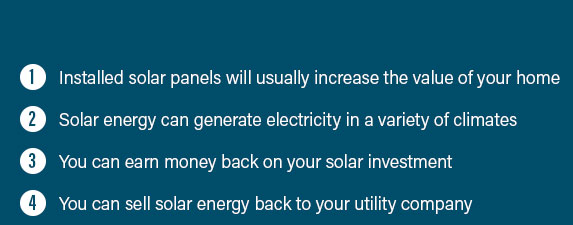 |
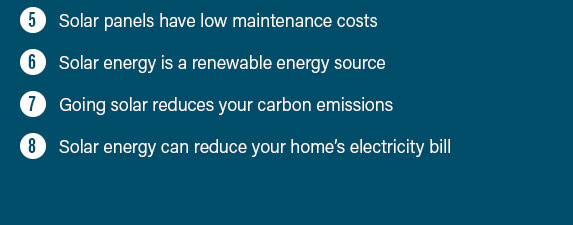 |
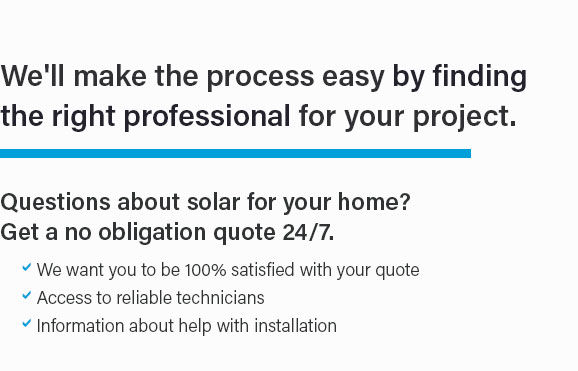 |
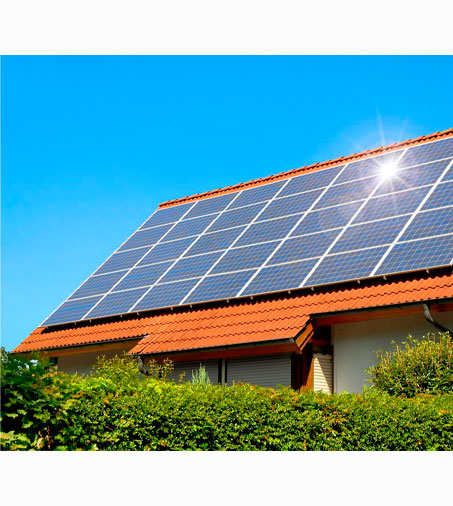 |
|
 |
 |
 |
|
Unlock the power of the sun and transform your energy consumption today with our unbeatable solar panels installation quote-discover the true potential of your home with a transparent, no-nonsense breakdown of the installation cost for solar panels; our expert team ensures you're not just investing in technology, but in a brighter, more sustainable future that promises unparalleled savings and energy independence-no fluff, just facts, because the future of energy is solar, and it starts with you taking control, now!
https://www.solarreviews.com/solar-panel-cost/rhode-island
This is lower than the average price of residential solar power systems across the United States, which is currently $3.03 per watt. Solar panel installation ... https://www.paradisesolarenergy.com/blog/how-much-do-solar-panels-cost
The average residential solar panel system costs between $2 and $3 per watt to install. This means you should expect to pay between $25,000 and $50,000 for ... https://www.consumeraffairs.com/solar-energy/how-much-do-solar-panels-cost.html
A solar installation's cost per watt is a little like the price per square foot when you buy a house. It helps compare the value of solar ...
|